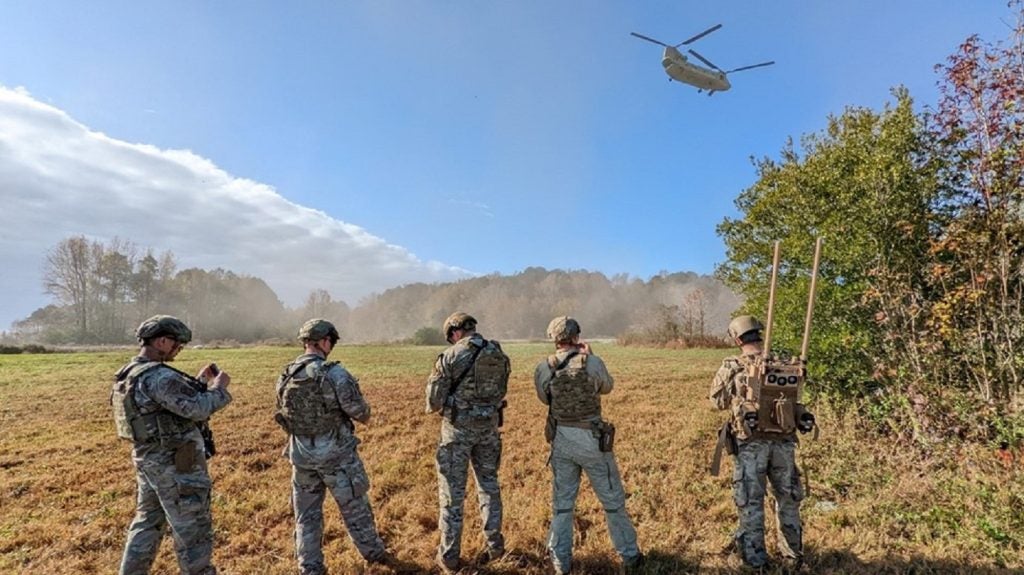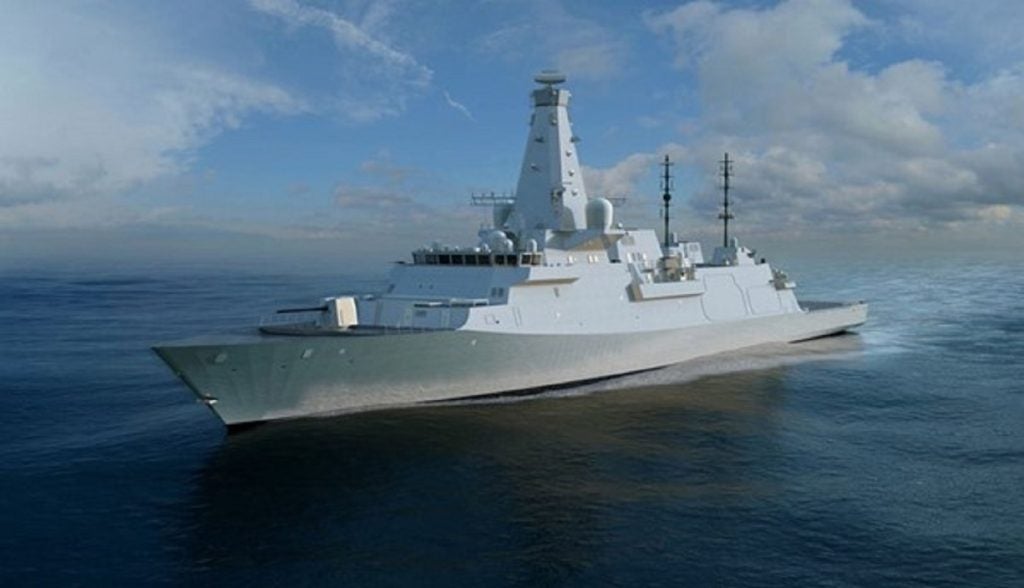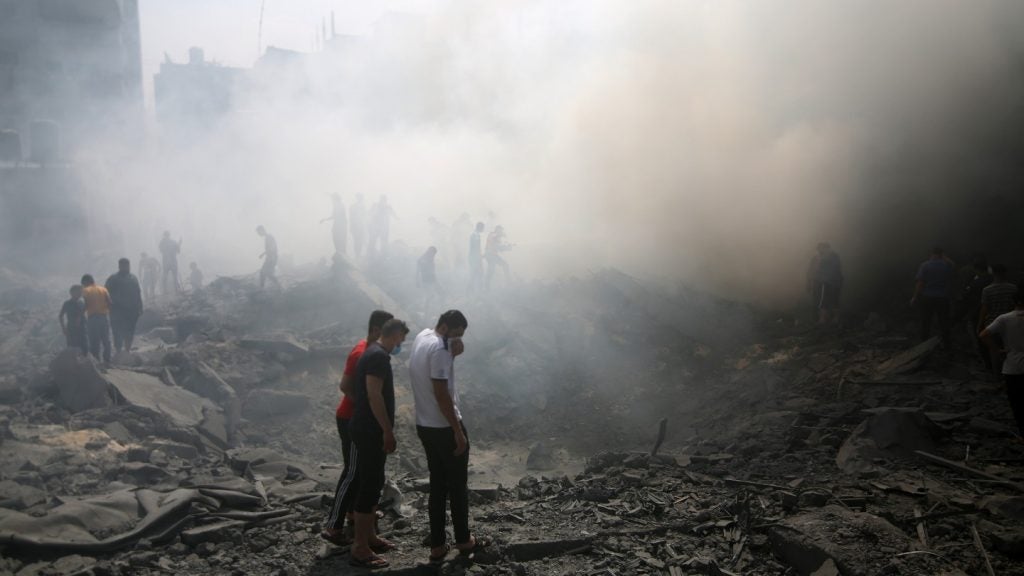The US Department of Defense (DoD) awarded the defence prime, Northrop Grumman, a contract to engineer and sustain the US Navy’s Joint Counter Radio-controlled Improvised Explosive Device Electronic Warfare (JCREW) Increment One Block One systems (1I1B) on 9 February, 2024.
Under a four-year contract, the DoD will allocate $42.7m in funds to the supplier, with a potential cumulative value of $123.2m.
This contract combines purchases for the US Navy (37%); US Air Force (60%); and the Government of Australia (3%), under the Foreign Military Sales programme. Work will be performed in San Diego, California and is expected to be completed by February 2024.
JCREW are a family of systems designed to protect against radio-controlled improvised explosive devices (RCIEDs) using electronic warfare.
These systems are currently employed by the US Navy, Air Force, and partner countries Australia and New Zealand.
There are three variants designed as mounted systems, dismounted systems, and fixed sites that provide critical support.
The mounted systems provide protection from RCIEDs for mobile ground vehicles. Dismounted systems also called “Manpack” systems, which are carried by personnel to provide protection from RCIEDs. The fixed site systems provide protection from RCIEDs for temporary, semi-permanent, and permanent facilities and infrastructure including compounds, airfields, buildings, and guard posts.
On 27 July, 2023, the US Navy’s Program Executive Office for Unmanned and Small Combatants (PEO USC) announced that the JCREW 1I1B systems reached full operational capability ahead of schedule.
PEO USC designs, develops, builds, maintains, and modernises the Navy’s uncrewed maritime systems; mine warfare systems; special warfare systems; expeditionary warfare systems; and small surface combatants.
The Institute for International Strategic Studies argued in its 2023 Armed Conflict Survey that non-state insurgent groups are on the rise and with that, IEDs are used as an asymmetric means of conflict.
“Non-state armed group proliferation and fragmentation today are the main drivers of protracted and intractable conflicts and a major impediment to peace solutions, either because they do not want to negotiate or because they are content with attaining local goals.”











